What's your favorite RPG system and why?
My favorite rpg system is one of the many d20 based games. I'm a fan of Star Wars, Pathfinder and DnD 3.5. I currently run a game that's a mixture of 3.5 and pathfinder. I try to make the game as in depth as possible, so we tend to have more skills and more home brewed rules and magic items. These are most likely my favorites because I grew up on them and have the most experience playing d20 based games.
What made you want to become a DM/GM?
What made me want to be a DM/GM? lol, well, to be honest I prefer to play, sadly, it rarely happens. Nobody wants to run the game. I have years of experience so it's easy for me to just rattle off numbers and rules off the top of my head and I have a pretty good imagination and idea of battlefield tactics which helps me play monsters and npc in their respective mindsets. I first got exposed around the age of 9 with AD&D with older siblings. I loved it and wanted to expose my friends to this newfound world. I spent hours copying stats, rules and items by hand onto notebook paper. I still have that old folder of aged papers!
How much prep time do you conduct before a gaming session?
How much prep time do I spend before a session? Quite a bit. I keep notes on my phone when a thought randomly comes to me. I have various colored composition notebooks designated to various quest or topics. I've currently started making terrain pieces which is very time consuming haha. For low level games I can spend less prep time by just making up simple encounters on the spot. Yet I'm running a higher level campaign that's very time consuming. I go in depth with knowledge of spells cast in anticipation, fortifications, hit points and hardness of walls, doors and locks. At high levels there's countless variables to try to anticipate for. How will the characters react? I try to cover the most likely choices so that when it's game time there's little pause due to looking up rules and such.
What is one of your most memorable moments running a game?
Some of my most memorable moment....hmmmm so many. The best ones are when characters have critical fails or critical successes. If you roll a natural 1 or 20 I have you reroll again to determine how bad or how great you did. Multiple rolls of 1 or 20 can be epic game changers. A couple recent ones that come to mind would be my girlfriend's first character, a druid/ranger. I had a velociraptor charge her. She said I'm going to hug it. A roll for wild empathy was a nat 20. Charisma check; nat 20. I rolled a will save...nat 1. It became her new animal companion named Jasper. At level 18 it's large size and she rides it into battle. Another character in my new low level game was attacked by stirges, big mosquito-like creature. He got bit. Rolled for random chance of disease, yes. Type: blinding sickness. Fortitude save: failed. He lived but the last 3 sessions or so he has been permanently blind. This new world has low money and magic so he hasn't found anyone to cure him yet, maybe next session. Until then it's just plain amusing as his character stumbles around. Balance checks, reflex saves and such. Plus we have a mischievous bard that keeps using ghost sound to fool him into stumbling into other people and causing scenes.
Do you do anything to set the mood or atmosphere?
Setting the mood for the game! I try to cook up a hearty meal. We mostly play in the winter time when our work loads have slowed down so lots of chili or stews and such. We outfitted my buddy's basement into our game room. So we have Halloween decoration skulls and we light scented candles. It makes it feel like we are in a tavern or dungeon at times.
What's one tip you would give to other DM/GM's out there?
One tip for fellow GM/DMs. Organization! I've learned to have a notebook for each thing so I spend less time rummaging around. Also research your skills, feats, spells, combat and rules. The faster you can come up with the answers the smoother the story and game will flow. Nothing kills a session like a long drawn out round of combat that takes an hour researching in multiple books.
Any last thoughts for our readers?
The biggest thing I'd like to address is that it's a game, have fun. Enjoy the time socializing and have some laughs. Also, let loose. Get into character and just have fun with it. Speak like a pirate or in some silly accent or create a personality that is atypical of your nature. It can be an escape from reality, just remember have fun!
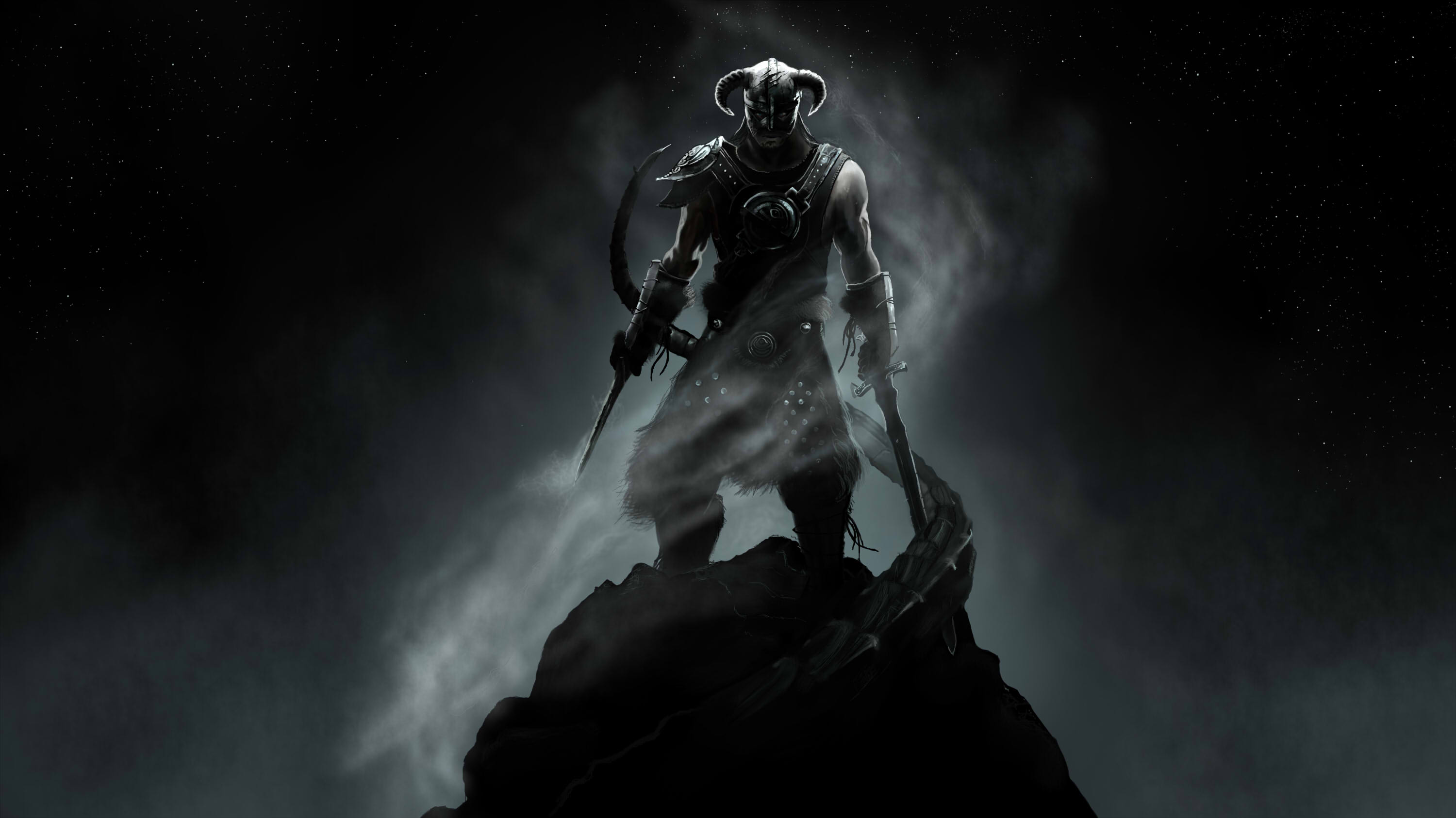
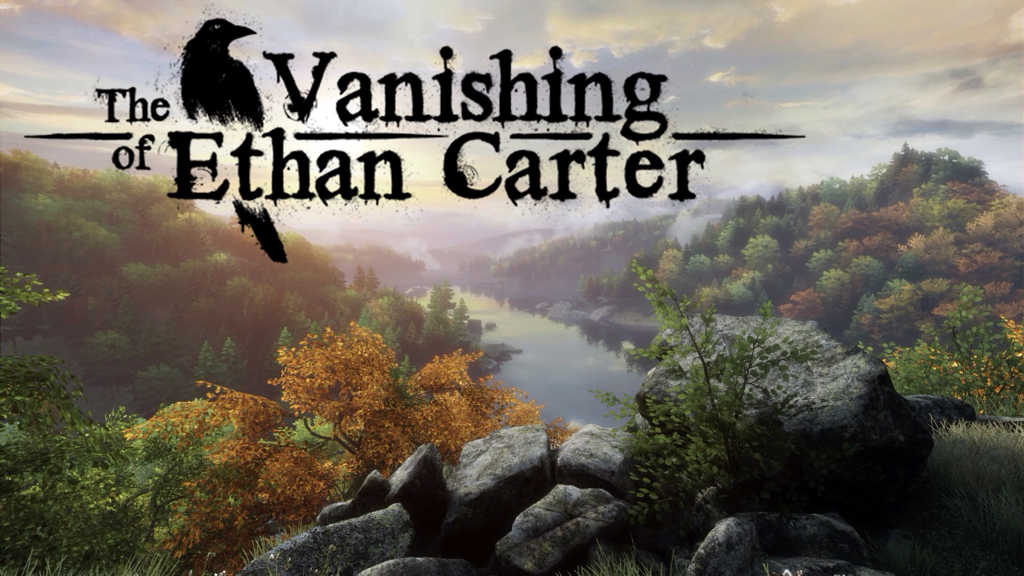
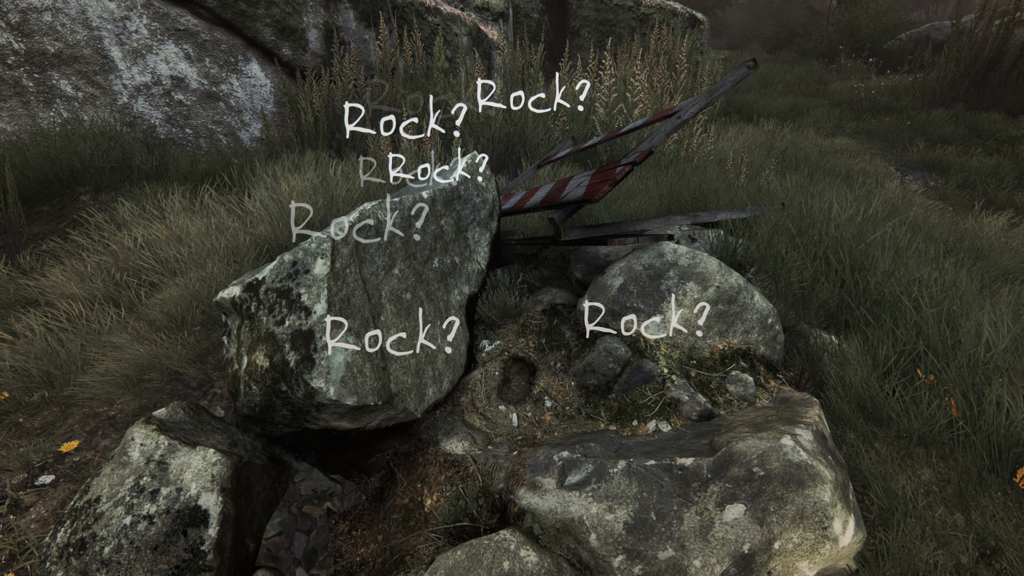
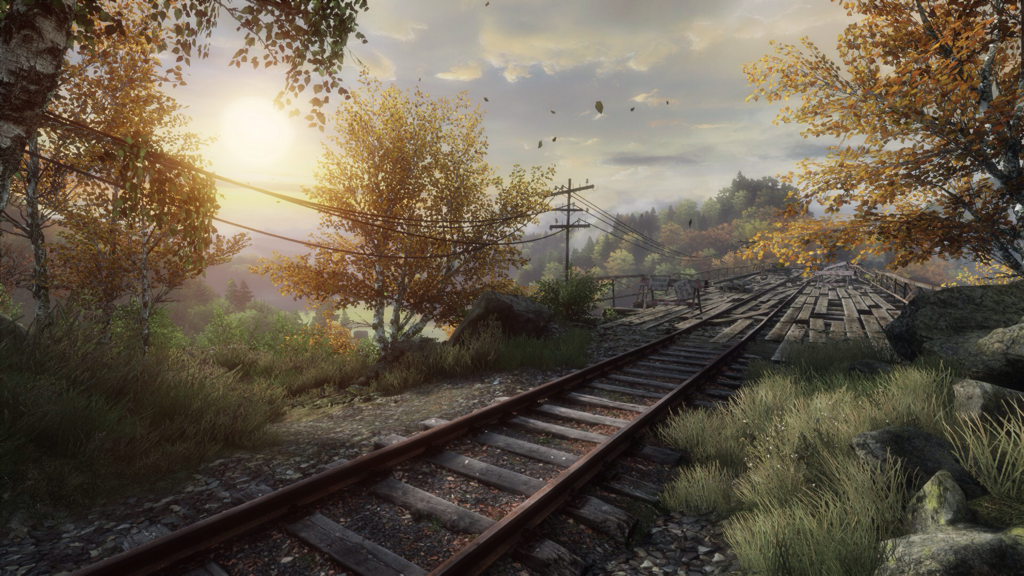

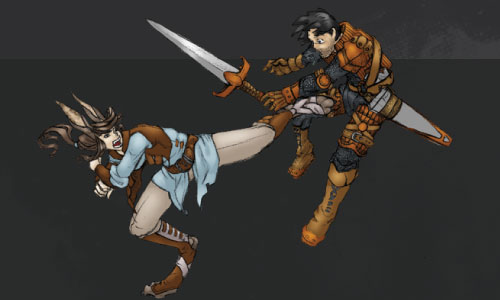



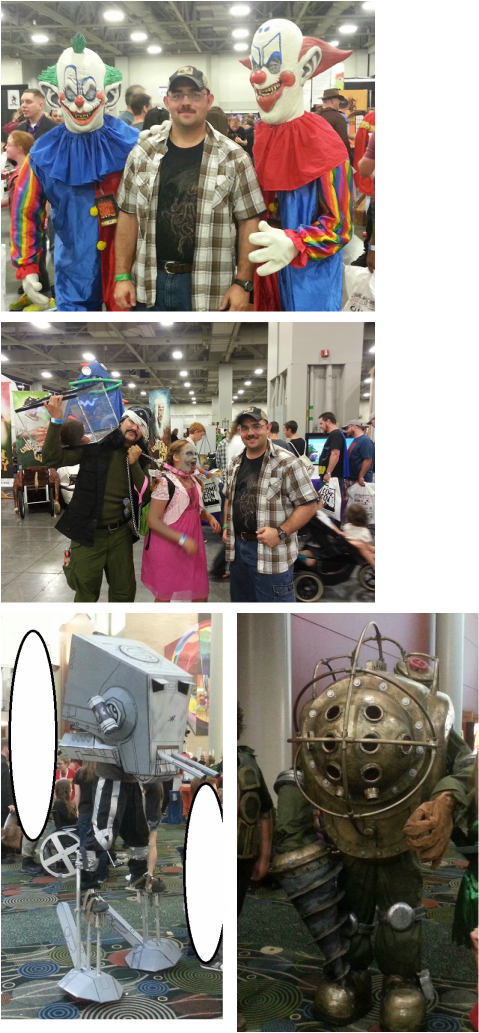
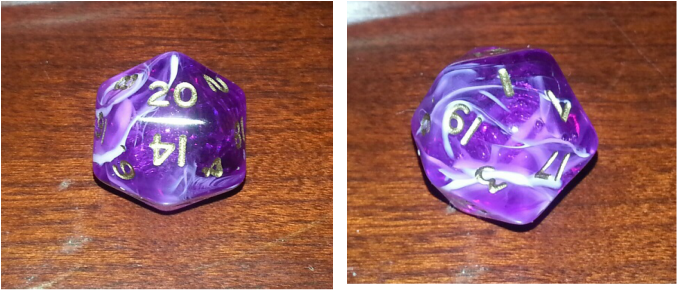
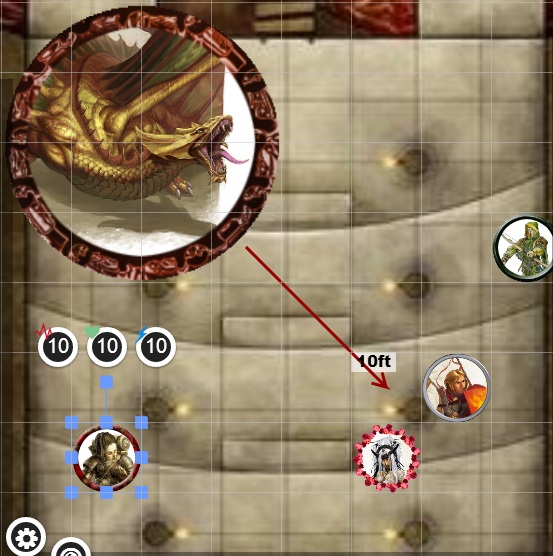
 RSS Feed
RSS Feed